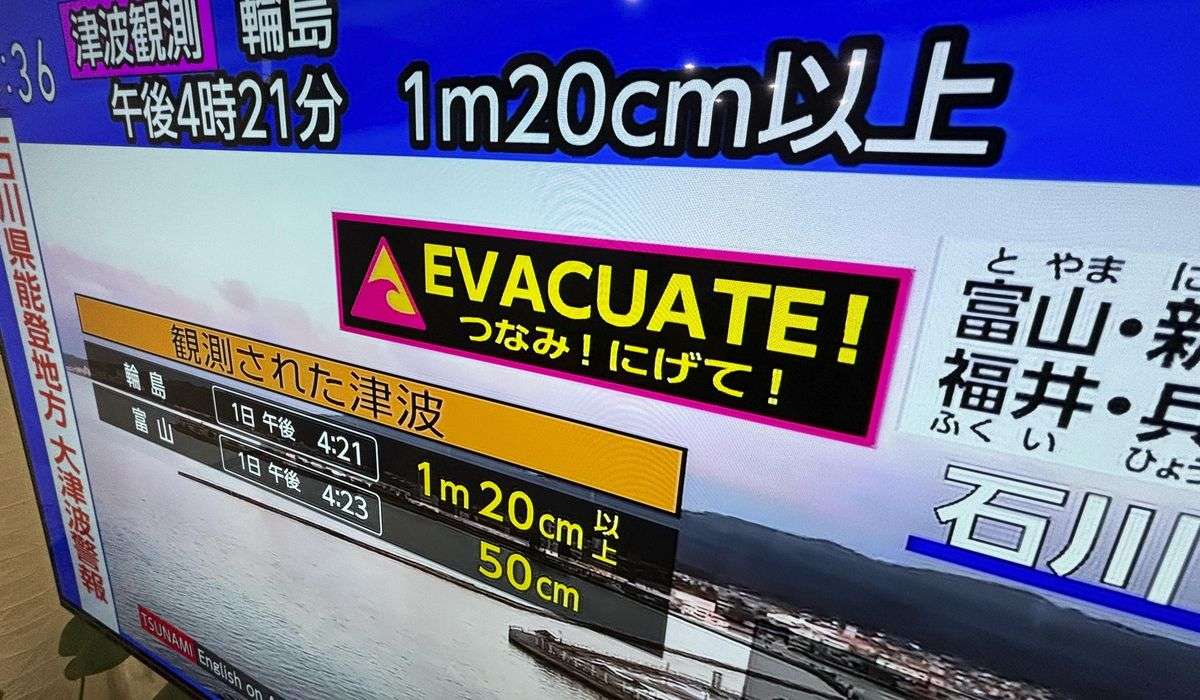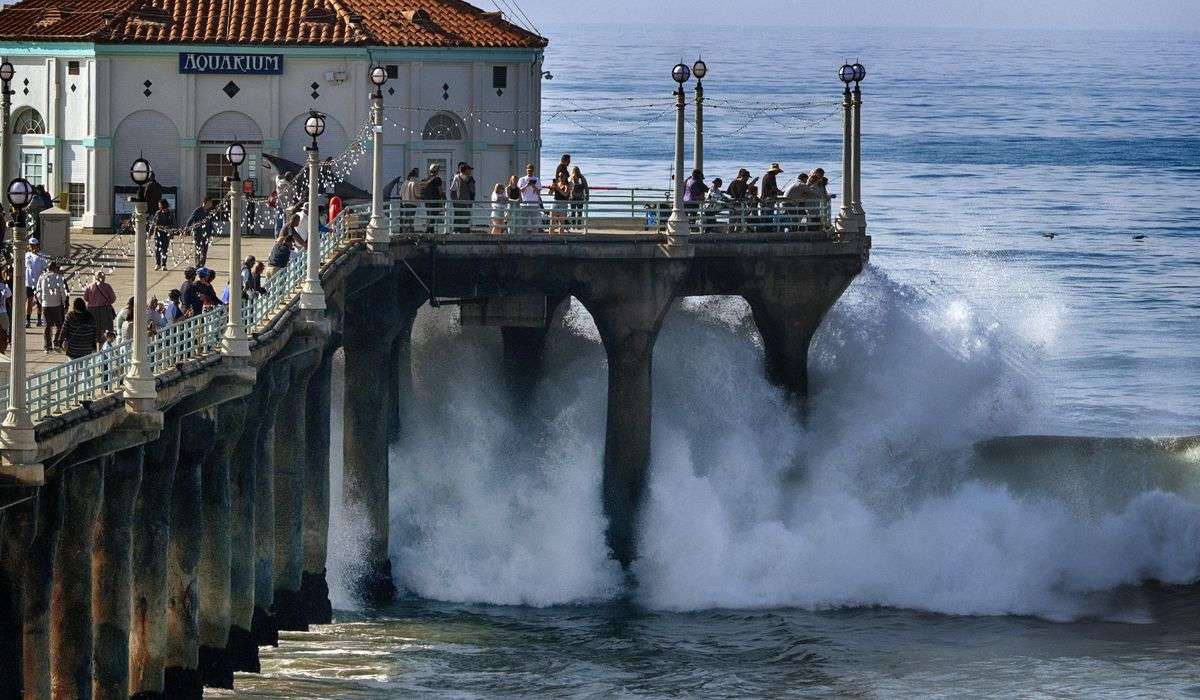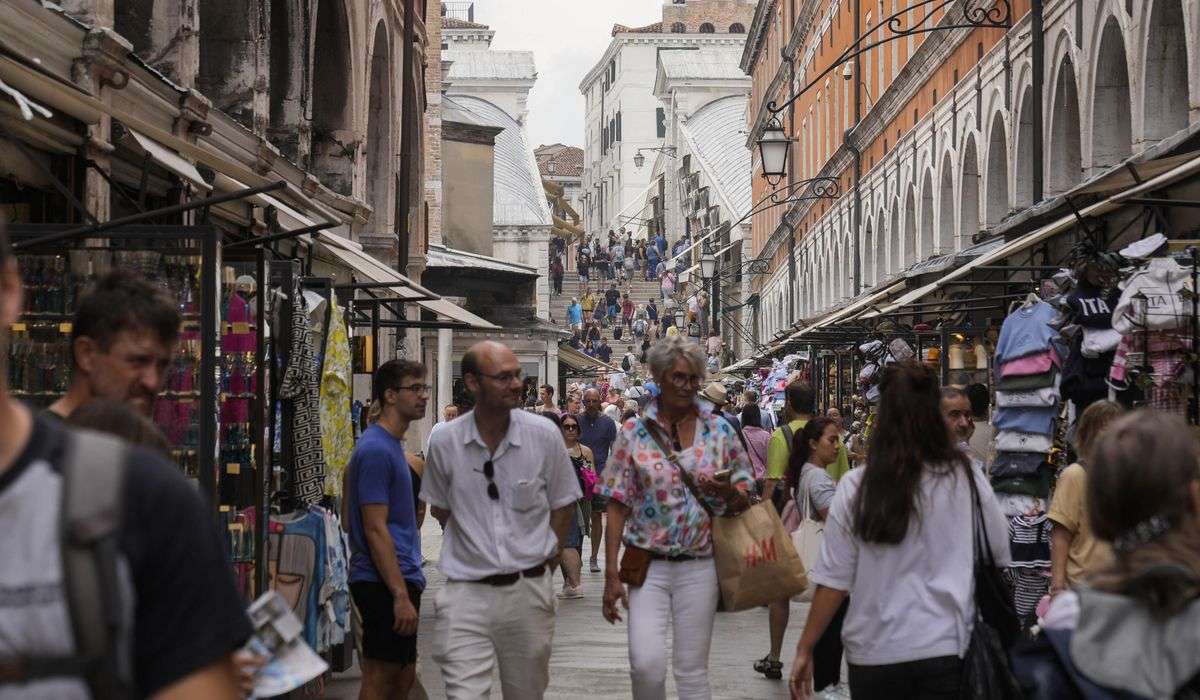Travelers do not seem deterred by the delta variant — yet. Fall may be a different story.
By Christopher Elliott,
The highly infectious delta variant may not be sinking many summer vacations, but the latest surge in coronavirus cases could have an effect on fall and winter travel plans, experts say. Bargain hunters and vaccinated travelers will probably get a lift.
“Travel is in high demand this summer, because so many people have not been able to take a vacation during the pandemic,” says Teresa Bartlett, senior medical officer at Sedgwick, an insurance claims administrator. “I have not heard of cancellations in the past few weeks.”
The delta variant has affected only a small number of vacations so far, according to data from TripActions, a travel management company. New bookings tracked by TripActions remain steady, with a 6 percent increase during the week ended July 31 compared with the previous week.
“When we look at cancellation rates by trip start date, we can see an uptick in cancellations, but nothing that signals cause for alarm,” says Kelly Soderlund, a spokeswoman for TripActions. The cancellation rate, which has hovered around 18 percent most of the summer, edged slightly higher, to 20 percent the week ended July 24 and 22 percent the week after, according to the company.
[Should you cancel travel plans because of the coronavirus’s delta variant? Ask these questions.]
Some travelers are concerned enough to call off upcoming trips. Heather Clark has an uncommon barometer for public sentiment. She owns a business in Tempe, Ariz., Pomchies, that specializes in manufacturing fabric masks. Orders were up 700 percent the last week of July, with her factory shipping out 15,000 packs of masks every day. So she wasn’t surprised when her elderly parents cut their summer vacation short and returned to Michigan on the advice of their doctor.
“They’ve canceled all their other trips for now,” Clark says.
Lori Shen just canceled her plans to travel to Hawaii with her husband and two young children. She had planned to visit Hilo to attend her cousin’s wedding.
“It would’ve been the first time we’d seen her and my 99-year-old grandma since the pandemic started,” says Shen, a calligrapher from San Ramon, Calif. “Most of my extended family haven’t yet met my youngest. Because of the rising number of covid cases, my cousin made the difficult decision to postpone her wedding. Everyone’s health and safety was a key consideration.”
Others are sticking with their vacation plans, albeit with added precautions. KC Skinner flew to Florida on Aug. 1, even though it’s now the epicenter of the delta variant surge in the United States. She takes her mother to the Sunshine State every year, but they skipped last year because of the coronavirus. They’re spending this month in a condo in Siesta Key, Fla., a seaside resort near Sarasota.
“We’ll avoid the restaurants and crowds,” says Skinner, an usher from Phoenix. “The beach view is good enough for now while we isolate ourselves.”
As travelers look to the holidays and beyond, the picture becomes more uncertain. Cruises are a big question mark for a lot of would-be vacationers. Cindy Watty, a retired guidance counselor from Goodyear, Ariz., booked four river cruises in Eastern Europe for this fall, but three have been canceled. “The fourth one is iffy,” she says.
Jennifer Moore, an attorney from Hollywood, Fla., was hoping to take a cruise this fall, too. “But Florida is so unsafe right now that I’m going to push it into spring,” she says. “Even though I’m vaccinated, I don’t want to unknowingly give delta to someone else, especially kids who might not yet be vaccinated.”
Bottom line: Most people are pressing on with their travel plans during the delta surge. But many are having second thoughts about fall and winter travel, and they’re waiting to see how the latest outbreak unfolds before firming up their itineraries.
That’s a smart decision from a medical perspective. Eugene Delaune, an Alexandria, Va., emergency room physician and senior medical consultant for Allianz Partners, says vaccinated travelers don’t need to worry about any of the current variants of covid. “They are protected and not likely to get sick, so it’s important to get vaccinated, preferably with one of the mRNA vaccines, before travel,” he says.
But unvaccinated kids and adults face greater risks when traveling, given the transmissibility of the delta variant. So it would make sense for unvaccinated or high-risk travelers to reconsider their upcoming plans.
Eric Adkins, an emergency medicine physician at Ohio State University’s Wexner Medical Center, says people who continue traveling should take the same precautions they did a year ago.
“Think back to last summer during the height of the pandemic and what safety measures you were taking then,” he says. “Now’s the time to return to doing them: Wear a mask, do social distancing, wipe down frequently touched surfaces in places like airplane seats and wash your hands or use hand sanitizer.”
What if the delta variant leads to more cancellations in the fall or winter? If enough people stay home, it could present some opportunities, particularly for those who have been vaccinated. Remember summer 2020, when airfares and hotel rates were deeply discounted? When demand drops, prices go off a cliff. If the delta variant worsens, look for discounts on all kinds of travel, particularly cruises.
But as with the rest of the pandemic, it’s impossible to predict how the delta variant will play out. For now, the best advice for travelers is to get vaccinated — and carry a reliable travel insurance policy.
Elliott is a consumer advocate, journalist and co-founder of the advocacy group Travelers United. Email him at chris@elliott.org.
Read more from Travel: Read past Navigator columns here






